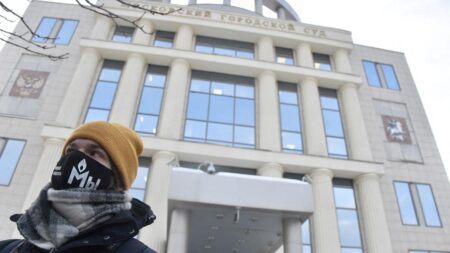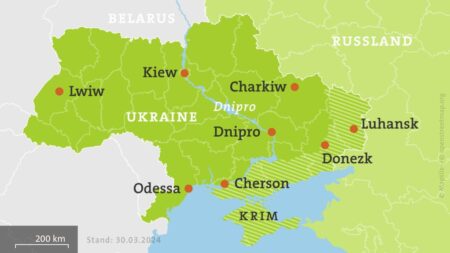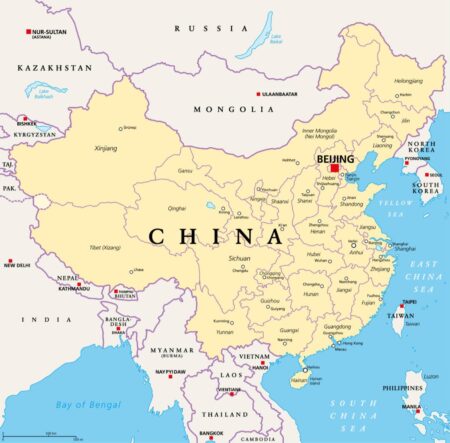A Moscow court has reportedly ruled against Google, declaring the tech giant guilty of breaching Russian law by revealing sensitive data on military casualties from the ongoing conflict. This decision underscores the escalating friction between Russian authorities and global technology firms, as reported by TASS
Browsing: misinformation
Pierre Poilievre’s recent remarks on immigration have ignited a lively debate, yet they seem to miss the mark when it comes to Canada’s rich tapestry of diversity and inclusion. Detractors contend that his viewpoint overlooks the essential role immigrants play in shaping the nation’s growth and fostering unity.
China has officially denied claims that its citizens are fighting alongside Russian forces in Ukraine. The statement comes amid rising concerns over foreign involvement in the conflict, as international scrutiny intensifies on China’s stance in the war.
Germany is on high alert following a series of attacks amid growing speculation of Russian influence. Authorities are investigating potential links, although officials urge caution, emphasizing the need for thorough assessments before drawing conclusions.
In response to Donald Trump’s persistent misinformation, Canada should prioritize strategic communications to counter false narratives. Elevating clear, factual messaging can help foster understanding and unity, moving beyond distractions like booing the anthem.
New intelligence reported by the White House undermines former President Trump’s assertions regarding Russia’s influence and actions during his administration. The revelations raise critical questions about the accuracy of Trump’s claims and their broader implications.
Spain has announced plans to impose fines of up to ‚ā¨35 million on AI companies found guilty of mislabeling content. The move aims to enhance accountability and transparency in AI-driven technologies, ensuring consumers receive accurate information.
China is intensifying efforts to combat stock market misinformation fueled by artificial intelligence, as reported by state media. Authorities aim to regulate false news that disrupts market stability and protect investor interests amid rising digital manipulation.
A former Facebook director has alleged that the social media giant “worked hand in glove” with the Chinese government, raising concerns about data privacy and influence. This claim adds to ongoing scrutiny of tech companies’ ties to foreign powers.
An activist highlights that many Italians fail to recognize the Russian threat, attributing this oversight to pervasive Kremlin propaganda. This perception underscores the challenges of countering disinformation and bolstering awareness of geopolitical realities in Italy.
In a recent article, Le Monde highlights the troubling implications of an American president echoing Russian propaganda regarding the ongoing war in Ukraine. This alignment raises concerns about the integrity of foreign policy and its potential to bolster Russian narratives.
Recent claims that the new German government has flown in Afghan migrants have been debunked. Official sources clarify that these individuals were part of evacuation efforts initiated under the previous administration, not a new policy initiative.











